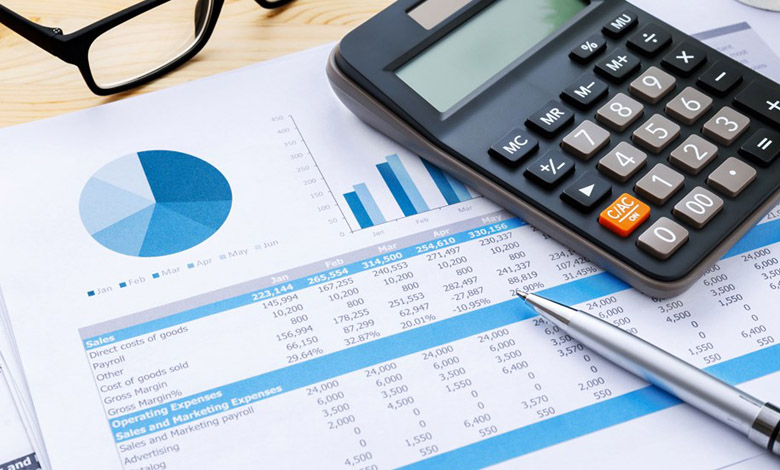If you are receiving government assistance under specific schemes, you will be eligible for a yearly Christmas benefit payment, also called a Christmas bonus. While this payment isn’t huge, it might come in handy. Your Christmas payment can be applied towards a Christmas meal, energy costs, or any other needs you might have around the end of the year. Not everyone can receive this payment, and whether or not you are eligible is based on a single week, which is usually the first week in December. This is called the qualifying week. Even if you were on a qualifying assistance program throughout much of the year, you won’t get the Christmas bonus if you were not on the assistance program during the qualifying week.
Who Qualifies?
Only UK residents who are in the UK, Channel Islands, Isle of Man, Gibraltar, any EEA country, or Switzerland during the qualifying week can receive Christmas benefit payments. Additionally, you must get a financial assistance benefit during the same week which is on the list of qualifying benefits. Government benefits that will make you eligible for the Christmas payment include: disability living allowance, war widow’s pension, mobility supplement, carer’s allowance, and the widowed mother’s allowance. For a full list of the assistance schemes that automatically qualify you for a Christmas bonus, you can visit Gov.uk.
What is the Value?
Christmas benefit payments are generally in the amount of 10 pounds. All people who qualify for this payment are given the same amount, regardless of other factors such as their additional income or the assistance programmes for which they qualify. While the value of the benefit is subject to change from year to year, all qualified individuals always receive the same amount in any given year. The money is disbursed in a single one off payment. Even if you receive multiple assistance checks, you will only get one Christmas bonus.
How Are You Paid?
The funds for your Christmas bonus will be transferred into the account that you use to receive your other assistance payments, such a pension payment or disability assistance. This might be a bank account, credit union account, building society account, or National Savings account. If you typically receive your assistance money through the post, you may be sent a check for your Christmas benefit payments. The deposit may appear as "DWP XB" on your account’s statement. The money is automatically transferred during the disbursement period.
Do You Need to Claim It?
You don’t need to specifically claim the Christmas benefit payment. The fact that you receive a form of public assistance named in the list of qualifying programmes is enough to generate a payment for you at Christmas time. If you think you qualify for the payment and you don’t get it by the end of the year, you can contact the Jobcentre Plus or Pension Centre that typically sends you assistance payments. Bear in mind that if you were out of the country or did not receive assistance during the qualifying week, this might explain why you did not qualify for the Christmas this year.
Other Considerations
The Christmas benefit payment is tax-free, meaning that no taxes are deducted from it when you receive it and you don’t need to claim it as taxable income next year. If you are married to someone or in a civil partnership, you and your partner may both independently qualify for the payment. When that is the case you will each receive a separate benefit payment. Your Christmas bonus payment will never affect the other assistance payments that you receive throughout the year.
The UK government sends out Christmas benefit payments to help those in need make it through the holiday. While the payments are nominal, they might be able to keep your heat on or even put more food on the table at a time when your kids are home from school and you are responsible for the care additional family members. If you need this payment as financial assistance throughout the holiday season, be sure that you meet all of the qualifications during the qualifying week at the start of December.



